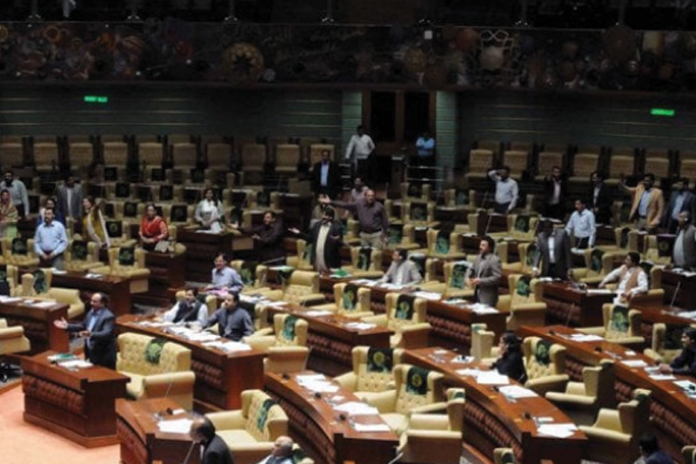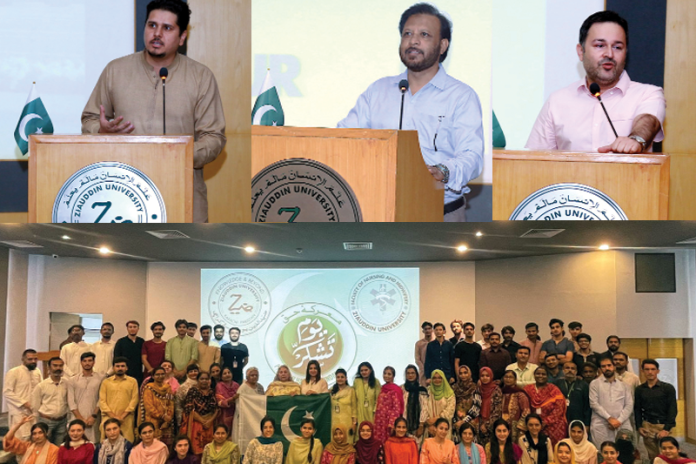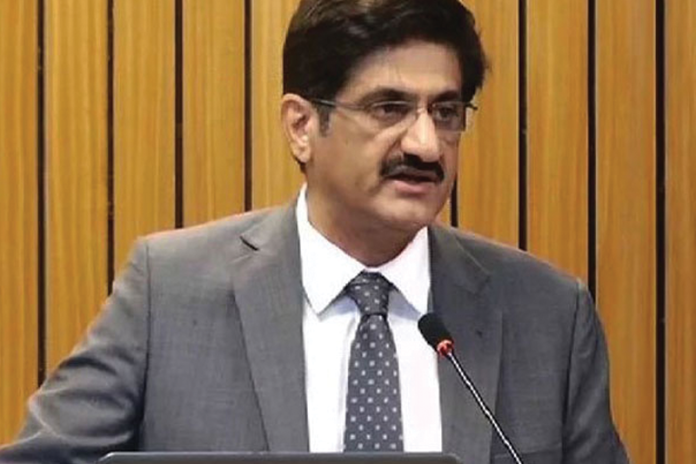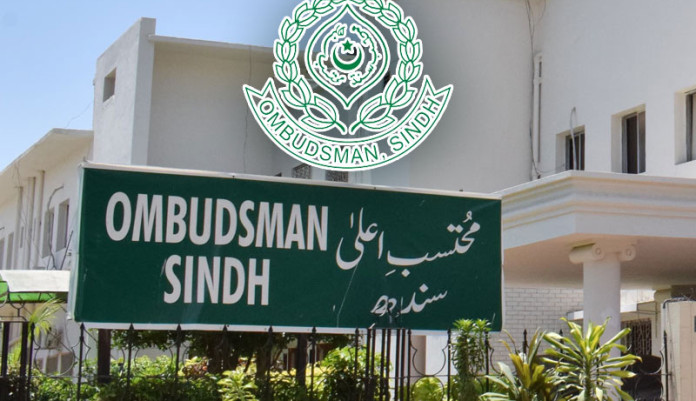Pakistan's Environmental Crisis
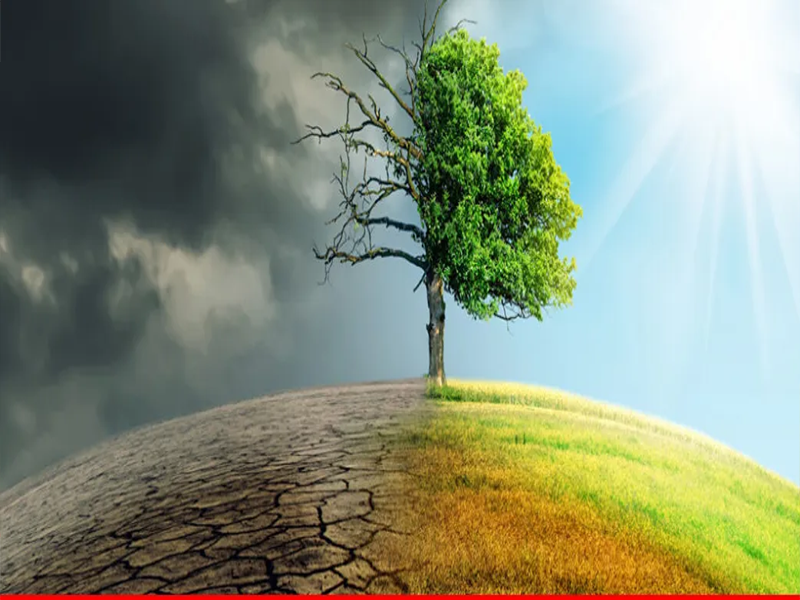
- 238
- 0
Pakistan, a nation of diverse landscapes from the lush green valleys of the north to the arid deserts of the south, faces significant environmental challenges that threaten its natural heritage and the health of its people.
From rampant air pollution to alarming rates of deforestation and inadequate waste management practices, these issues not only degrade the environment but also pose serious health risks to the population. Air Pollution: Choking the Nation One of the most pressing environmental issues in Pakistan is air pollution, particularly in its urban centers. Cities like Karachi, Lahore, and Islamabad suffer from high levels of air pollutants such as particulate matter (PM10 and PM2.5), nitrogen dioxide (NO2), sulfur dioxide (SO2), and volatile organic compounds (VOCs). The sources of this pollution are manifold, ranging from vehicular emissions and industrial activities to open burning of waste and crop residue. The consequences of air pollution are dire. Respiratory diseases, cardiovascular problems, and even premature deaths are on the rise, especially among vulnerable groups such as children and the elderly. The World Health Organization (WHO) estimates that air pollution contributes to thousands of premature deaths in Pakistan annually, making it a critical public health concern.
Deforestation: Threatening Biodiversity and Livelihoods Deforestation is another significant environmental challenge confronting Pakistan. Forest cover has been steadily declining due to illegal logging, land clearance for agriculture, and urbanization. The depletion of forests not only reduces biodiversity and wildlife habitats but also exacerbates soil erosion, floods, and water scarcity. In northern Pakistan, the rampant cutting of trees for timber and firewood has led to severe environmental degradation. The loss of forests not only impacts the ecosystem but also threatens the livelihoods of communities dependent on forests for sustenance and income. Efforts to combat deforestation, such as reforestation initiatives and stricter enforcement of forest protection laws, are crucial but often face challenges due to resource constraints and ineffective governance. Inadequate Waste Management: A Looming Crisis Inadequate waste management practices further contribute to environmental degradation in Pakistan. Rapid urbanization and population growth have led to increased generation of solid waste, much of which ends up in open dumps or improperly managed landfills. This not only pollutes soil and water but also creates breeding grounds for disease vectors, posing significant health risks to nearby communities. The lack of proper waste segregation, recycling facilities, and modern landfill infrastructure exacerbates the problem. Municipal authorities struggle to cope with the volume of waste generated, resulting in haphazard disposal methods that harm both the environment and public health.
The Way Forward: Sustainable Solutions Addressing these environmental challenges requires concerted efforts from government, civil society, and the private sector. Comprehensive air quality management plans, including stricter emission standards for industries and vehicles, investment in public transportation, and promotion of clean energy sources, are essential to mitigate air pollution. To combat deforestation, sustainable forestry practices, community-based conservation initiatives, and the establishment of protected areas are imperative. Strengthening enforcement of forest laws and promoting alternative livelihoods for forest-dependent communities can help alleviate pressure on natural forests. Improving waste management infrastructure, promoting recycling and composting, and raising awareness about the importance of reducing, reusing, and recycling waste are crucial steps towards cleaner cities and healthier environments. Public participation and education are key to fostering a culture of environmental stewardship and sustainable development. In conclusion, while Pakistan faces formidable environmental challenges, there is hope in collective action and sustainable practices. By addressing air pollution, deforestation, and waste management issues with urgency and determination, Pakistan can safeguard its natural resources, protect public health, and ensure a sustainable future for generations to come. The time to act is now, for the sake of Pakistan's environment and the well-being of its people.
































